How does poop relate to beauty? Tell us about the “after sh*t glow”. Is this a real thing?
Regularity is the gateway to glowing skin and inner peace. When a substantial amount of fecal matter leaves the body, the vagal nerve, which connects the bowels to the brain is stimulated. Thus, eliminative action excites the brain, which then produces endorphins all the while your bowels are secreting serotonin, our feel-good chemical (95% of the body's serotonin is produced in the gut!). These hormones are responsible for the "after sh*t glow," a general sense of sublime relaxation, well being and satisfaction that penetrates every pore of your being (and skin). Additionally, emptying the bowels frees the body from obstruction, allowing the rest of our organs to efficiently detox. Don’t forget your skin is your largest organ! Constipation has been linked to skin issues (psoriasis, eczema, acne), weight gain, fatigue, estrogen dominance, breast cancer, migraines, allergies... the list goes on and on.
Bloating and constipation. Can you tell us what’s generally happening in our bodies when we feel bloated and what are your tips to best avoid?
Picture your digestive system as merely an exoskeleton containing an entire ecosystem of potentially symbiotic micro organisms and bacteria. We are actually outnumbered 10:1 microbial:human cells, so aside from the peristaltic action (muscle contractions) of the intestines that constitute digestion, there is mostly microbial digestive activity happening within the digestive tract.
The bacteria in our system assist in the decomposition of the food, medications, drugs, alcohol and environmental pollution we subject them to. Additionally, when we elevate our diets by eating more plants, the cleansing and exfoliating effect of the plant fiber loosens up stagnant waste, which must also be decomposed and hopefully eliminated before gas can "reek" havoc. Methane and hydrogen are the fun byproducts of microbial decomposition and if the rate at which we eliminate is inefficient, gas can remain trapped to expand in our gut. Good times.
I’m feeling bloated already. Help!
Digestive bitters and peppermint pills are my recommended supplements for de-bloating. I love the German Underberg bitters because they are conveniently sold in travel friendly mini glass bottles. I generally recommend sucking down a shot glass worth of bitters to really penetrate those pesky gas bubbles. Peppermint oil (sold in pills) has been proven to alleviate IBS symptoms and GAS. However, sometimes gas persists because you need to play catch up with the rate at which your body is trying to cleanse. In this scenario, a gravity colonic is the most effective and immediate means to relief.
How often should one be pooping? What does “regularly” look like?
Regularity is relative. Some people go three times a day, others once a day, once a week, or even just once a month! Personally, I'm a once-a-day kind of gal and every blue moon, I'll get a bonus round. Ideally, bowel movements are a satisfying daily experience. Learning how to remedy your personal irregularity through diet, fasting, stress management and colon cleansing (versus drugs) is empowering. Let “nature's call” be your teacher.
How does stress affect one’s elimination cycle? Any suggestions you recommend to keep our sh*t in motion?
Navigating our stress is crucial for elimination. I always give clients the example of animals in the wild. When animals are hunting (or being hunted), their sympathetic nervous system is activated as they enter "fight or flight" mode. This is accompanied by the release of adrenaline, a hormone that is designed to suppress the appetite, heighten the senses needed for hyper focus, and "trigger the release of blood sugar (glucose) and fats from temporary storage sites in the body. These nutrients flood into the bloodstream, supplying energy to all parts of the body. However, the stress hormone humans more commonly release during stressful times is cortisol, which can actually increase hunger to trick your body into replenishing those glucose stores and store unused nutrients as fat. Given the fact that you are most likely stressed at your desk and not actually burning off any glucose, this is no time to be eating or snacking. Your body is actually in no position to receive nutrients from food unless the parasympathetic nervous system (aka "rest and digest") is activated. Once animals hunt their prey, the activated parasympathetic nervous system triggers the release of dopamine (stimulates the brain's pleasure center) and serotonin (produced in the gut and monitors digestion). It is only then that they feast. So in the modern day world, this translates to mindful eating. Everyone has at least fifteen minutes to sit and eat in peace without multi-tasking. Just doo it.
Additionally, I recommend managing stress through meditation, epsom salt soaks, float tank therapy and magnesium supplementation.
Public pooping. This can be challenging at times. Any tips for one who is traveling?
I always recommend mapping out your bathrooms just like you'd map out a juice bar or health market. In fact, the health market probably has a clean bathroom you can escape to! Generally, any place where there is a multi-stall configuration and a lot of strangers makes for a good anxiety-free zone (should you choose to think about it that way). This includes hotel lobbies, department stores, and NYC's public parks (Bryant Park is my fave!). So take your time on the loo. No one is waiting on you to finish handling your business once the next stall opens! Always carry shit-anywhere matches in your purse to mask any odor and make sure to leave the stall respectable for the next patron.
When traveling, I recommend preparing for cabin pressure, which causes gas to expand in the body. Do not chew gum on the plane (or ever) because mastication activates enzymes that will create gas if no real food is consumed. Many of my clients make it a priority to get a colonic within a few days of travel to decompress and prevent bowel obsessing during their trip. On the flight, wear your “fat clothes” to accommodate any spontaneous combustion. Fart often (airplane farts usually don't smell, I swear!) and empty your bladder often to alleviate the added pressure on your bowels. Try not to eat until at least an hour into the flight when your body has acclimated to the new elevation. Have your digestive bitters handy on the plane and make sure to pack the right supplements for the rest of the trip.
New locations foster new bacteria in the air, dirt and thus, your food. So pack your probiotics to maintain a balanced gut. You may also want to carry digestive enzymes to aid in digestion (to be taken with meals) and if you are traveling to a locale where food poisoning is imminent, pack some activated charcoal to assist in an emergency detox situation. If you experience harder, dehydrated stools when you travel, I recommend packing Intestinal Movement Formula (the only natural "laxative" I recommend) and perhaps a Cara bulb enema (quickly stimulates your bowels with a quick squirt of water).
Let’s say that I’ve got big plans for a hot date this evening. I’m looking to feel slim and sexy in my outfit and gas is simply not an option. Pro tips?
I'm a big fan of intermittent fasting, so I recommend hydrating with some warm lemon water and ginger or peppermint tea throughout the morning. Keep lunch light. Perhaps a carrot soup with some ginger (great for bloat management). If you're like me, the butterflies in your stomach will suppress your appetite, so it's important to honor your body and fast for at least four hours before your date, making sure you stay hydrated. Try squeezing in a 30 minute walk outside or a workout before your date, specifically one that engages your core (cardio, yoga, Pilates etc).
On your date, stick to the principles of food combining, keeping starchy foods and protein-rich foods mutually exclusive. Skip the bread and begin your meal with a salad instead to ensure proper food order (eating lighter, easier to digest foods first). Chew your food well... with your mouth closed.
xoxo Jen
This content is not intended to be a substitute for professional medical advice. Always seek advice from your health provider before altering your routine.
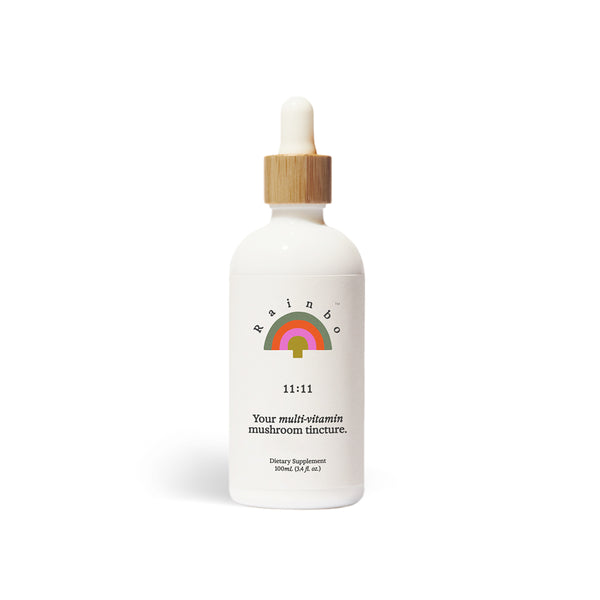
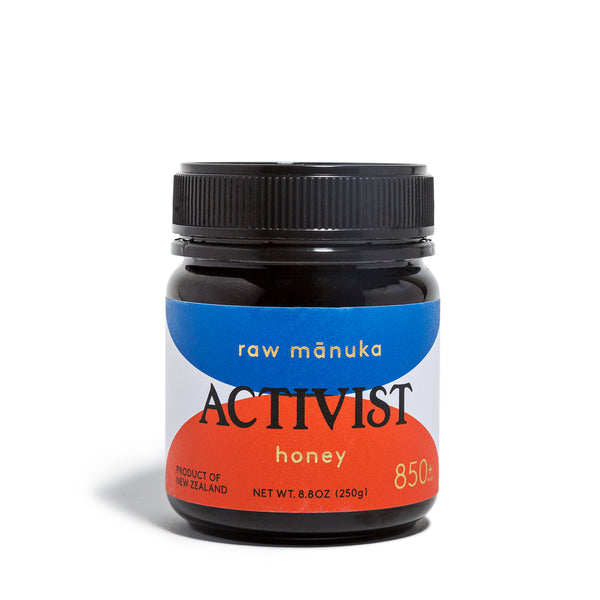
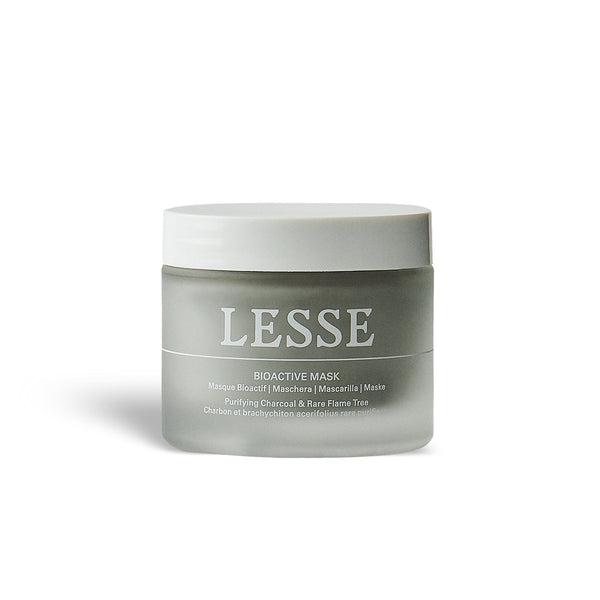
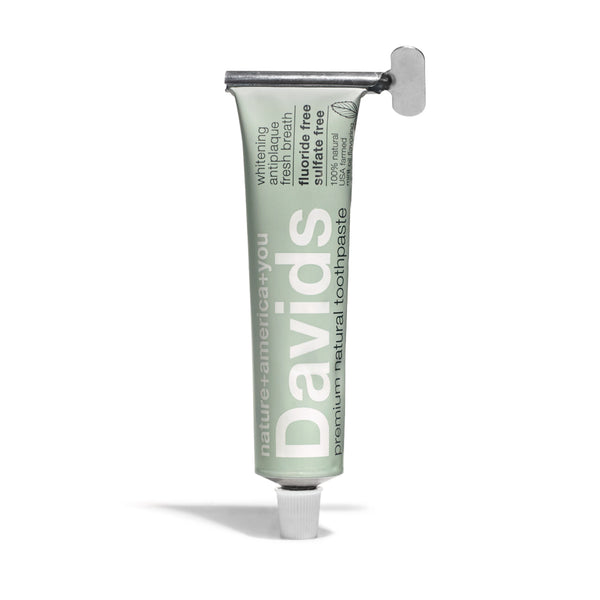
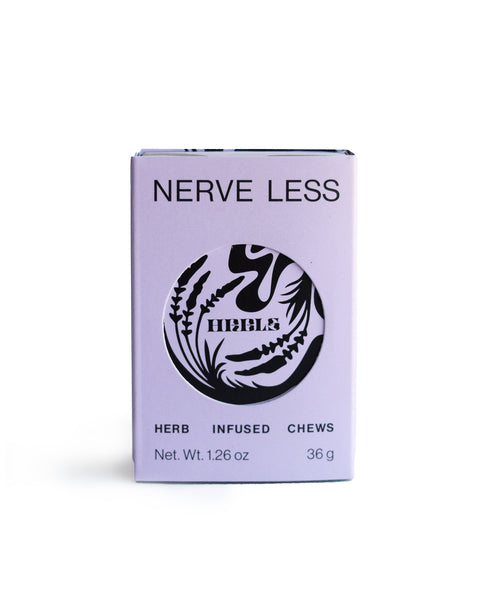
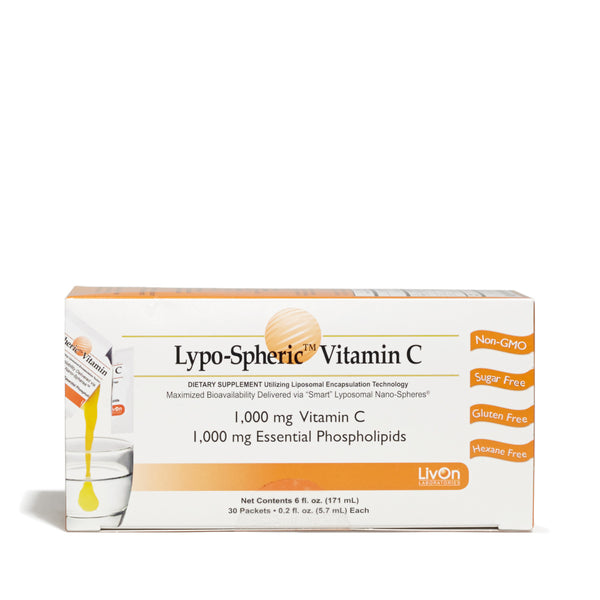

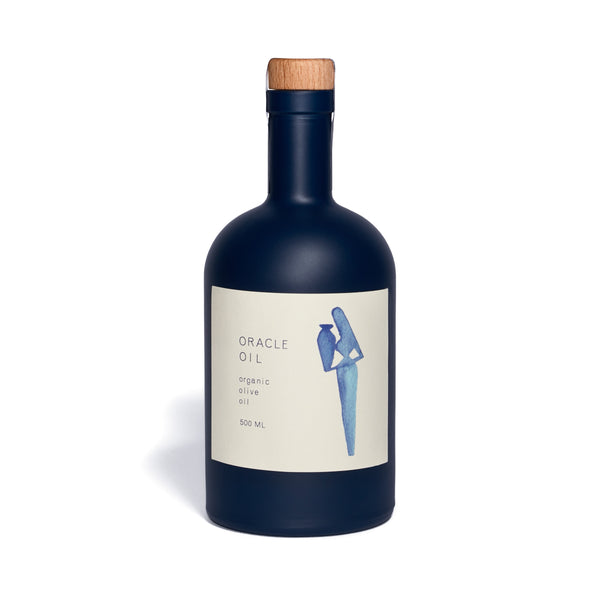
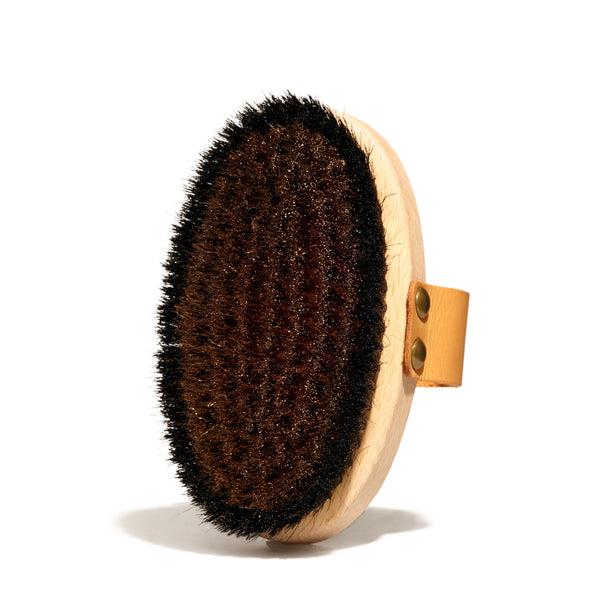
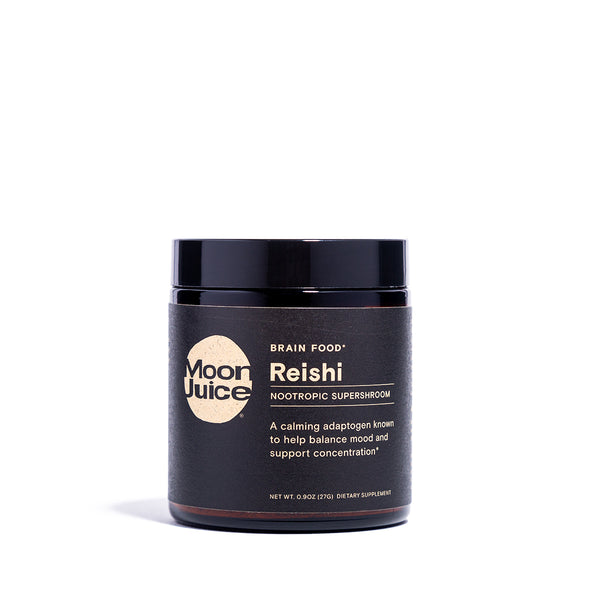
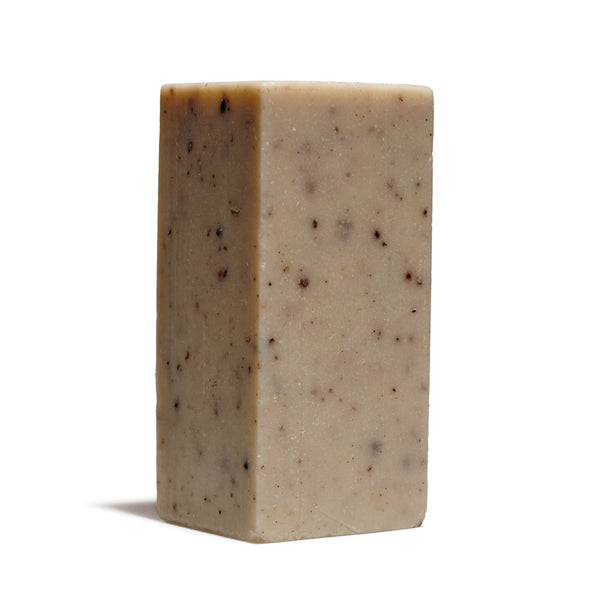
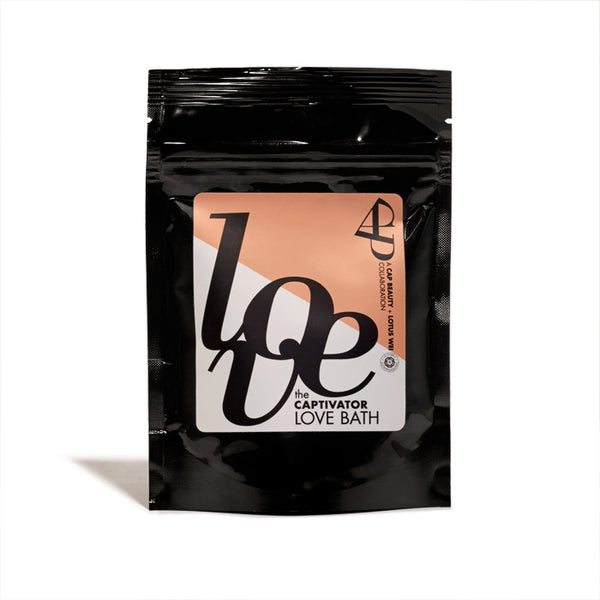
You’re a genius!